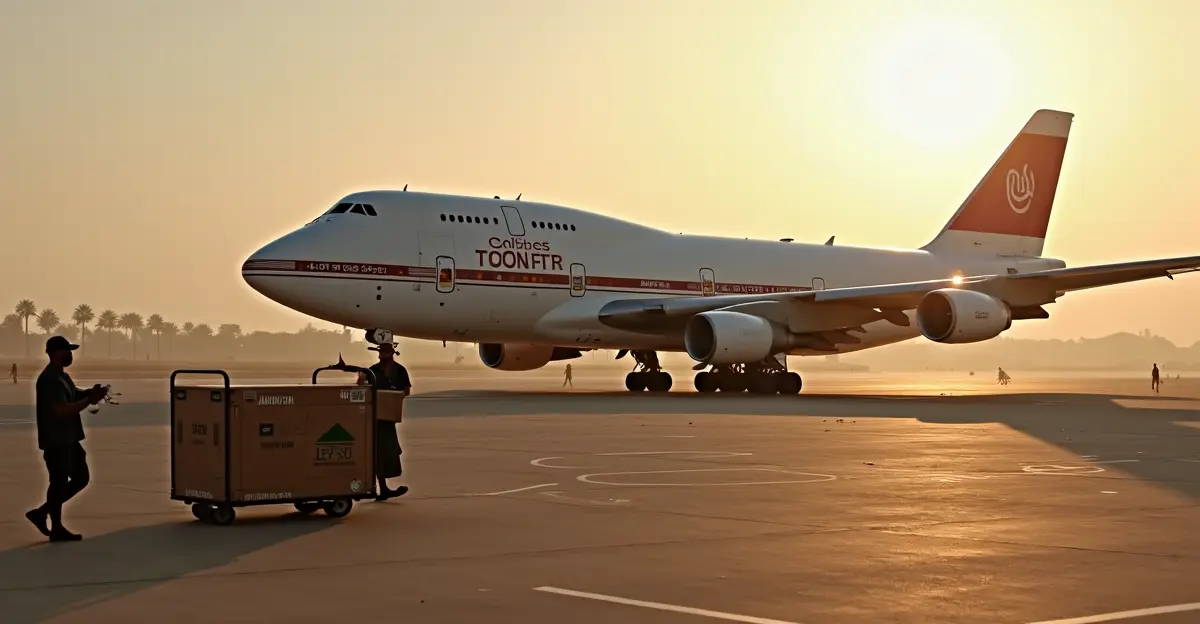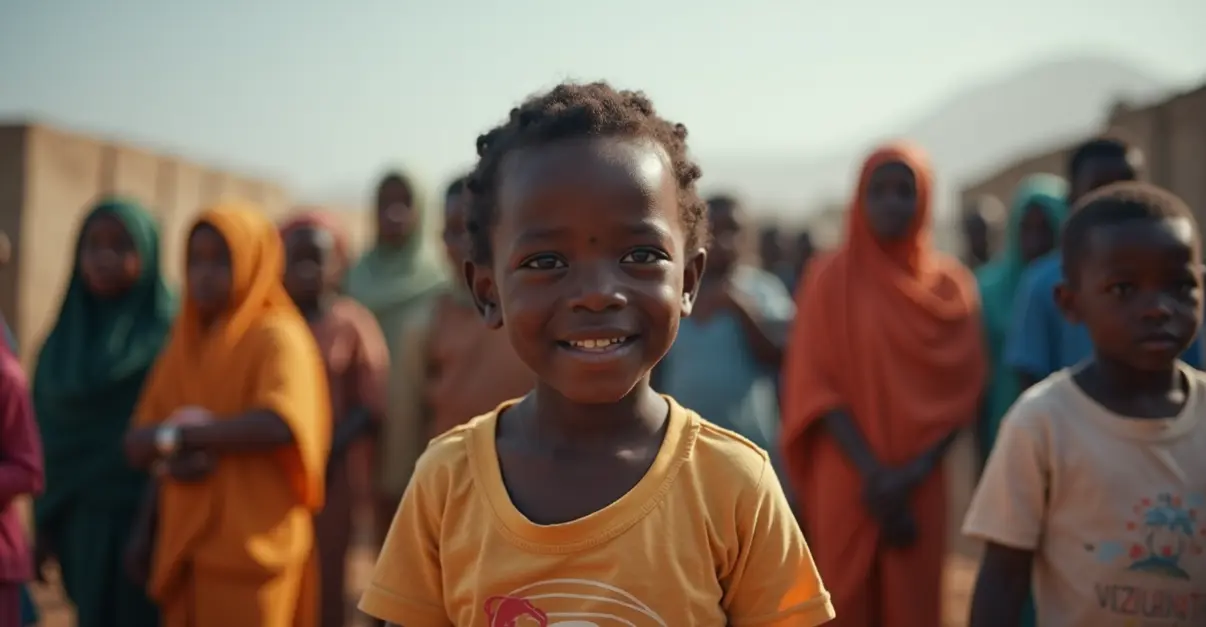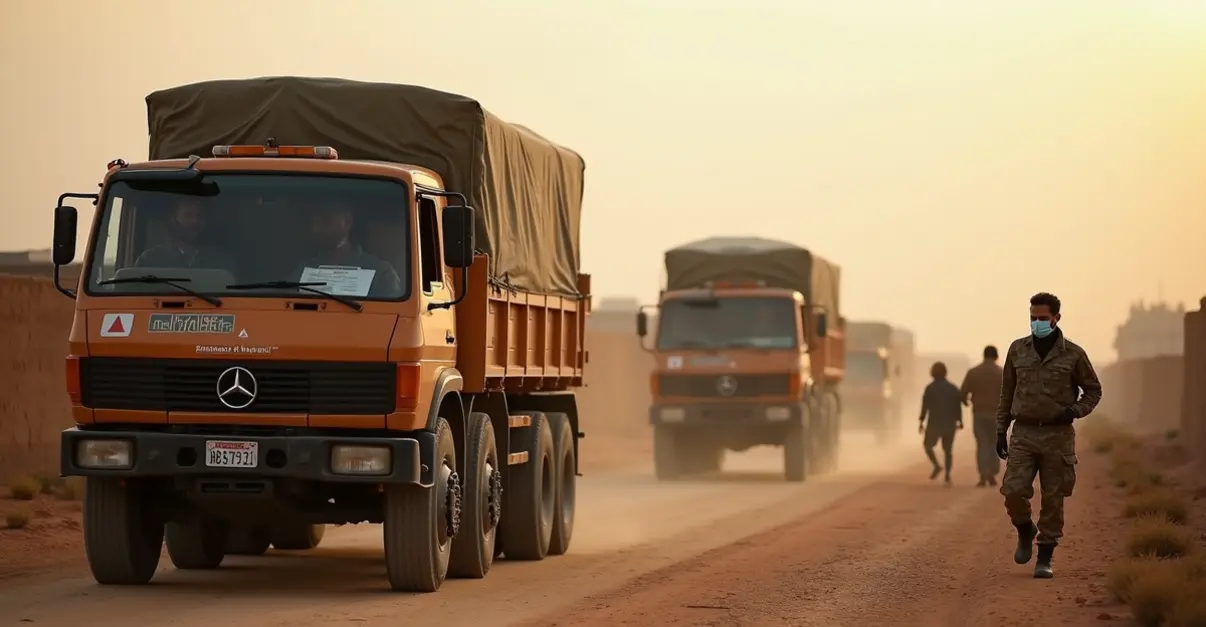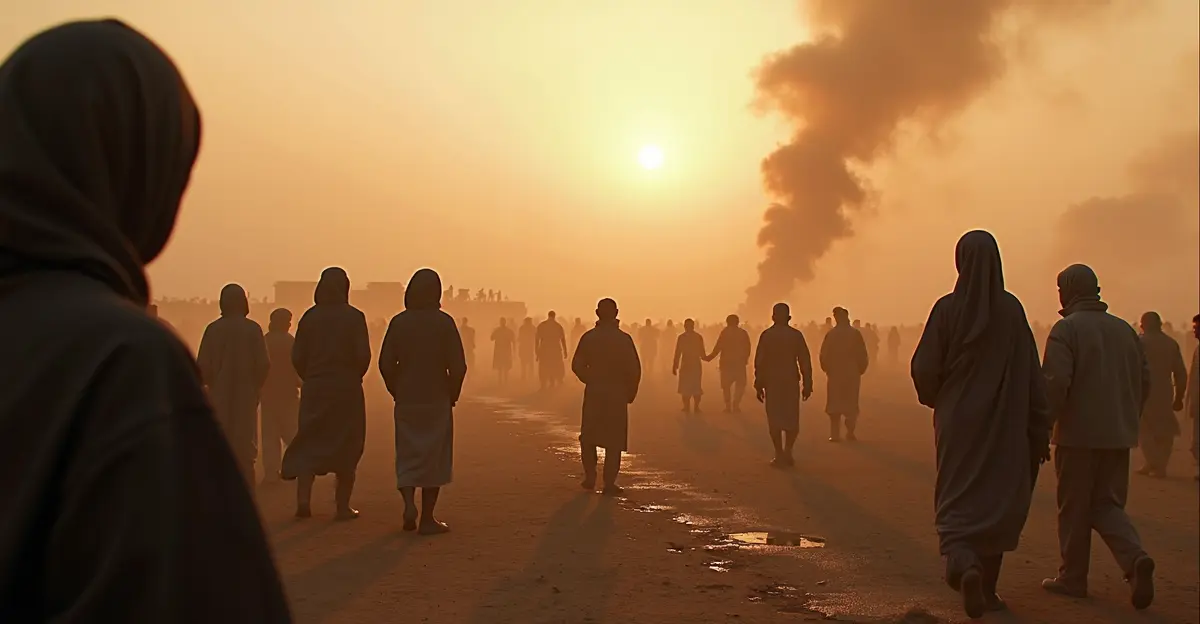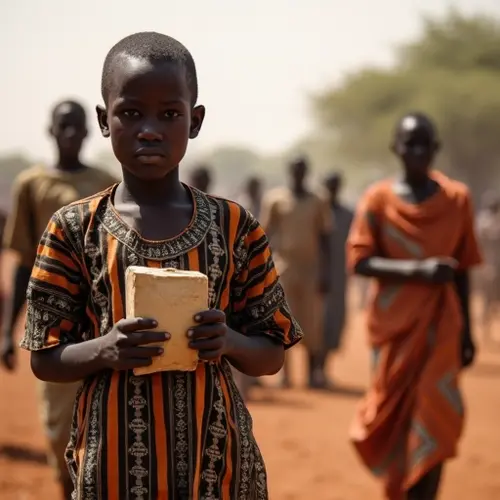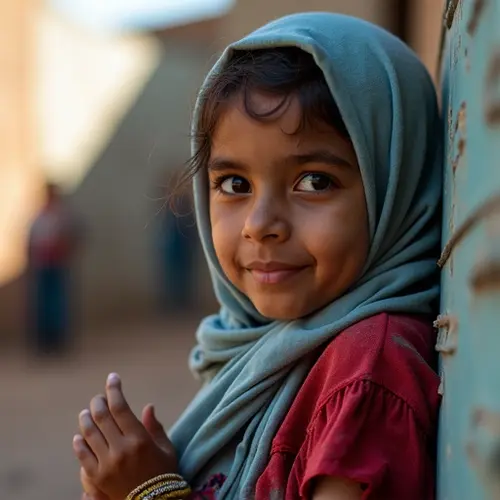Global refugee crisis reaches record levels with 123.2 million forcibly displaced in 2024 due to conflicts in Ukraine, Gaza, Sudan and other regions. Humanitarian response faces $8.5 billion funding gap as displacement continues to escalate.
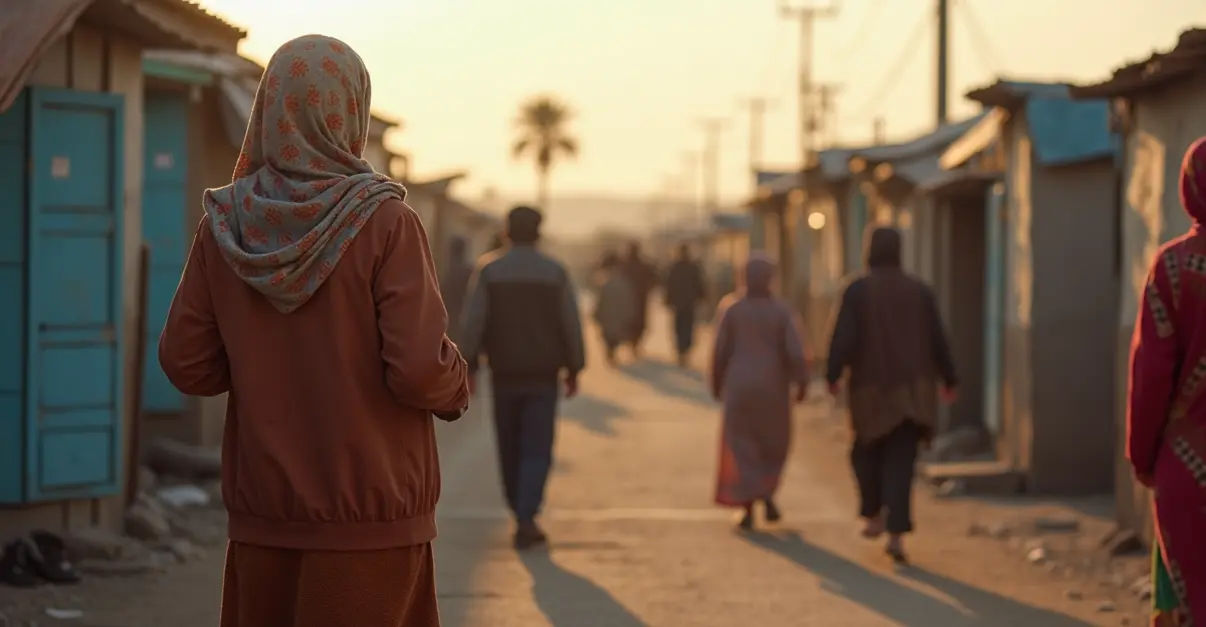
Record-Breaking Displacement as Global Conflicts Intensify
The world is witnessing an unprecedented refugee crisis as millions of people are being forced to flee their homes due to escalating conflicts across multiple regions. According to the UNHCR Global Trends 2024 report, a staggering 123.2 million people were forcibly displaced by the end of 2024, marking one of the largest humanitarian crises in modern history.
Ukraine: Europe's Largest Displacement Crisis
The war in Ukraine continues to drive massive displacement, with 6.168 million Ukrainian refugees registered across Europe as of July 2024. This represents the largest population displacement crisis since World War II. 'We left everything behind - our home, our jobs, our entire lives,' says Maria Petrenko, a refugee from Kharkiv now living in Poland. 'The sound of explosions still haunts my dreams.' Russia hosts the largest number of refugees (1.23 million), followed by Germany (1.19 million) and Poland (957,505). Additionally, 3.7 million people remain internally displaced within Ukraine, unable to return to their homes due to ongoing fighting and destroyed infrastructure.
Gaza: Systematic Forced Displacement
In Gaza, the situation has reached catastrophic proportions. A Human Rights Watch report documents that 1.9 million people out of Gaza's 2.2 million population have been forcibly displaced. 'This isn't just displacement - it's systematic ethnic cleansing,' states Ahmed Al-Masri, a humanitarian worker with UNRWA. 'Families are being pushed from one unsafe area to another with nowhere to go.' The report finds that Israel's actions, including mass destruction of civilian infrastructure and tight blockade leading to humanitarian catastrophe, constitute war crimes and crimes against humanity.
Sudan: The World's Most Devastating Crisis
Sudan is facing what the UN describes as the world's most devastating humanitarian and displacement crisis as its civil war approaches its third year. The conflict has created catastrophic conditions with 30.4 million people - over two-thirds of the population - needing humanitarian assistance. 'We've lost everything - our homes, our livelihoods, and many of our loved ones,' shares Fatima Hassan, who fled Khartoum with her three children. The crisis has resulted in massive displacement, with over 3 million refugees and nearly 9 million internally displaced people, totaling more than Switzerland's entire population.
International Response Falling Short
UN High Commissioner for Refugees Filippo Grandi has warned that humanitarian workers are near breaking point and respect for basic rules of war is almost non-existent. The international community faces a $8.5 billion funding shortfall for humanitarian programmes. 'We're seeing unprecedented levels of need with insufficient resources to respond,' explains Sarah Johnson, a senior aid coordinator with the International Rescue Committee. 'The gap between what's needed and what's available is growing every day.'
Long-Term Consequences and Solutions
The long-term consequences of this massive displacement are profound. According to UNHCR surveys, 65% of refugees and 72% of internally displaced persons wish to return home, but insecurity and lack of economic opportunities remain major barriers. The Global Humanitarian Overview 2024 reveals that nearly 300 million people worldwide need assistance and protection due to conflicts, climate emergencies, and economic factors. 'This isn't just a humanitarian crisis - it's a failure of international diplomacy and conflict resolution,' notes Dr. Elena Rodriguez, a migration studies professor at Oxford University. 'Without political solutions to these conflicts, we'll continue to see millions displaced year after year.'
The international community must address both the immediate humanitarian needs and the root causes of these conflicts to prevent further displacement and create conditions for safe returns. As the crisis continues to escalate, the world faces a critical test of its commitment to human rights and international humanitarian law.

 Nederlands
Nederlands
 English
English
 Deutsch
Deutsch
 Français
Français
 Español
Español
 Português
Português




